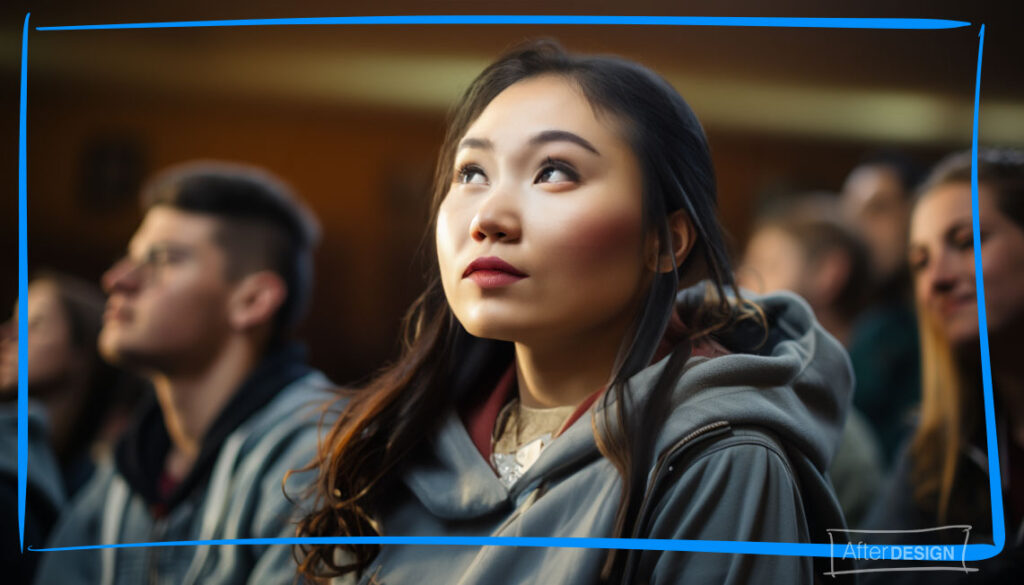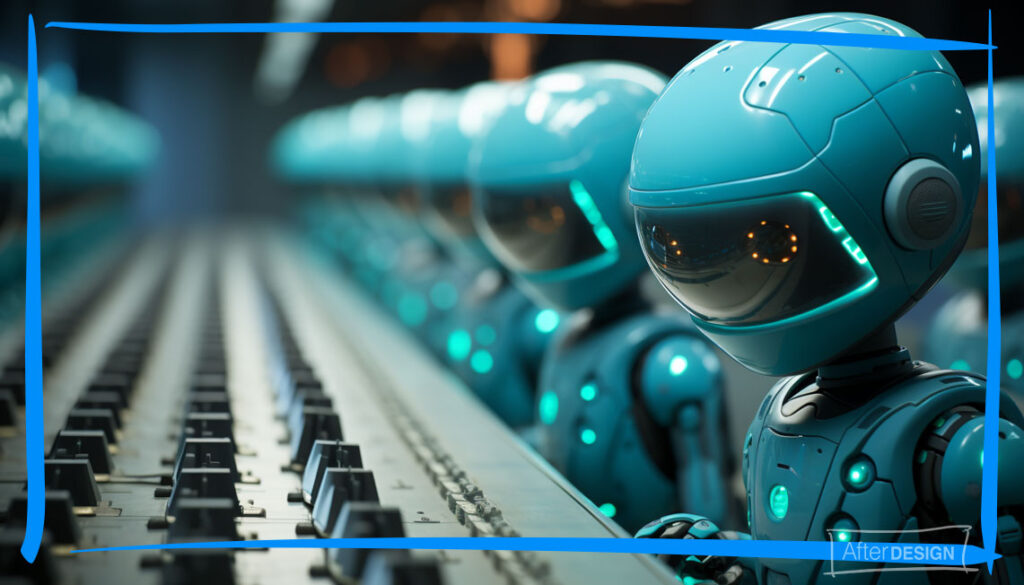What happens when robots start making robots? We’re about to find out.
This past week, OpenAI introduced the ability to create GPTs with ChatGPT.
You’ll be able to create your own GPT (Generative Pre-trained Transformer) just by asking ChatGPT a few questions. Now you can customize it with your own information and knowledge. You could have multiple GPTs for different purposes.
To help amplify these, OpenAI is also launching the GPT Store. It’s like an app store where the top GPTs will be available to others.
(fun fact, OpenAI founder, a double popped collar’d Sam Altman, was on stage promoting his app when Apple introduced its App Store in 2008. And remember what a game-changer that was) (The App Store, not the double popped collar).
Since these new GPTs require no coding ability, it opens up creation to a huge audience. This also doesn’t bode well for developers who have been building AI-powered apps that are simply layers on top of ChatGPT.
What does this mean for you?
We’re quickly moving to a world where AI-powered agents – systems that can take actions for you – will be automating even more of our lives.
More and more of our regular tasks will be automated with simple commands. Right now, AI doesn’t act until we tell it to. What happens when it starts predicting behavior? We’re starting to see signs of this with AI-powered ad generation. It’s coming.
News at the Intersection of AI and Design
📹 First Generative AI Video Editing Device ‘1stAI Machine’ Debuts
Built on Runway’s generative AI video capabilities, 1stAveMachine has created a new desktop video editing device that uses AI to generate animations from uploaded images. Users can select storyboard images to animate and then generates a black-and-white animatic based on those images. They can then choose a video style and soundtrack to complete a 30-second short film.
- Built on Runway: Runway was an early contributor to the open-source AI image generator Stable Diffusion and has expanded into entertainment, including providing visual effects technology for the film “Everything Everywhere All at Once.”
- Anyone Can Make Videos: it has the potential to democratize video editing and make it possible for more people to create professional-looking videos. It could also be used by filmmakers to create new and innovative styles of video.
🧐 Elon Musk says AI will eventually create a situation where ‘no job is needed’
Take this with a massive grain of salt. In a recent conversation with the U.K. Prime Minister, Rishi Sunak, Musk said that AI will eliminate the need for jobs.
- Reckless: If AI can do everything we can do, and do it better, who would hire us to do anything? Personally, I think he’s positioning his Neurolink product as something we’ll need in order to compete with AI.
- Myopic: Apparently Musk doesn’t interact with many blue-collar workers. As we discussed last week, that is one area where AI will have a much harder time disrupting.
🆇 X launches Grok as ChatGPT rival
I’m not covering that boondoggle.
New Resources for you

Are you wondering where to start with AI? I know it can be a lot and it gets far more complicated every day. It can be overwhelming.
The fastest way to get up to speed is to attend the Marketing AI Institute’s Intro to AI for Marketers. I’ve attended this three or four times and I get something new out of it every time.
This isn’t a sponsored post. It’s just something that I think you’d get a lot out of. I know I have.
AI one-percenters seizing power forever is the real doomsday scenario, warns AI godfather
In a recent critique, Yann LeCun, Meta’s chief AI scientist, has voiced concerns over the potential monopolization of AI technology by a few tech leaders. He warns against the fear-mongering and corporate lobbying by figures such as Sam Altman of OpenAI and Demis Hassabis of Google DeepMind, which he believes could lead to a small number of companies controlling AI, a technology as significant as the microchip or the internet.
LeCun argues that the real danger lies not in the overhyped doomsday scenarios but in the possibility of AI development becoming a closed, for-profit venture, sidelining the open-source community and the transparency it brings to AI’s evolution. This, he fears, could have profound implications for democracy and cultural diversity if regulators are swayed by the distraction of existential risks rather than focusing on the immediate, practical aspects of AI development.
For designers and creatives, this debate underscores the importance of staying informed and involved in the discourse surrounding AI. I was talking to a younger designer yesterday about the importance of staying as informed as possible. As AI continues to play a pivotal role in the future of design and creativity, the control over its development could shape the tools and platforms available to creatives, potentially affecting their autonomy, the diversity of creative expressions, and the democratization of design technology.
It’s a call to action for the creative community to advocate for open, transparent AI development that benefits a wider spectrum of society, ensuring that AI remains a tool for enhancement rather than a means of control.
As I was writing this issue, ChatGPT was down. I tried Bard, but it’s just not as good. Let me know what you thought of this issue that was entirely written by a human.
Also, raise your hand if you got the reference in the subject line! ✋
How can I help you?
If you want to learn more about what’s available, here are some links:
Thanks for reading!
-Jim
Want to join hundreds of other designers who are staying ahead of the coming AI wave?
Subscribe now to get the latest in AI and Design in your inbox each week.



